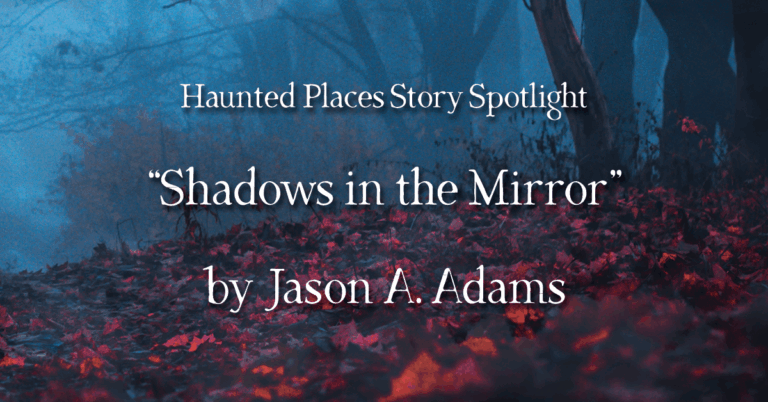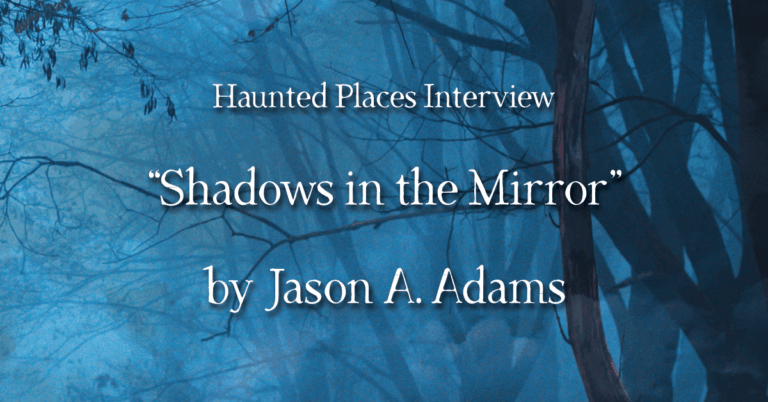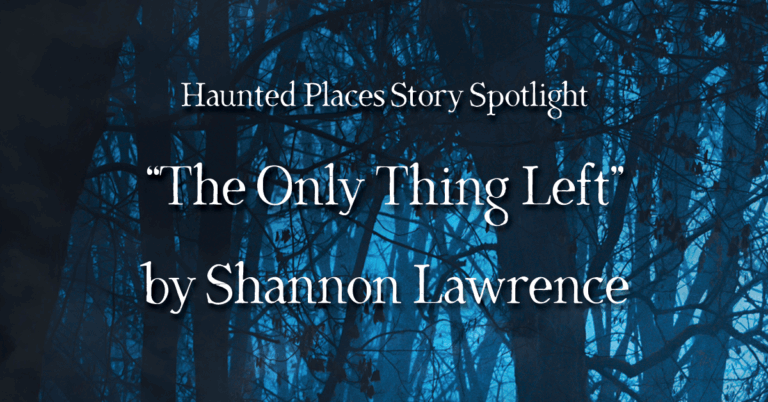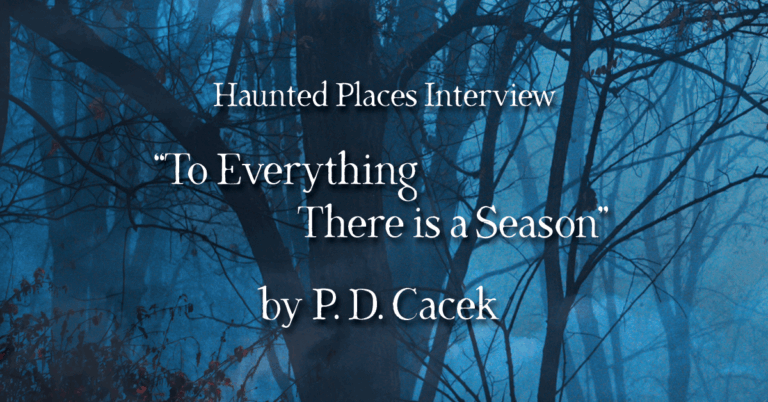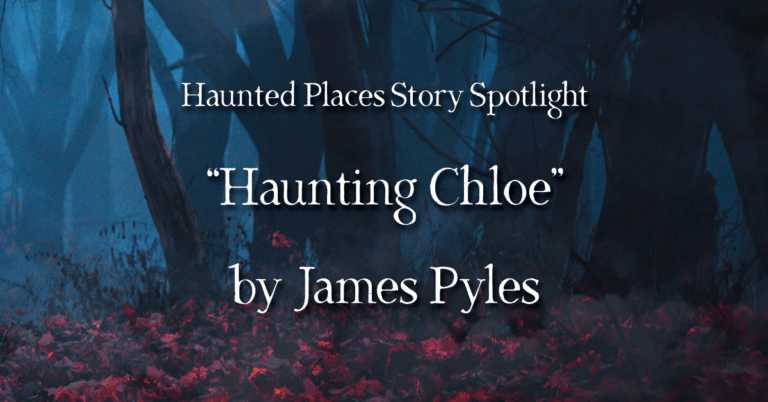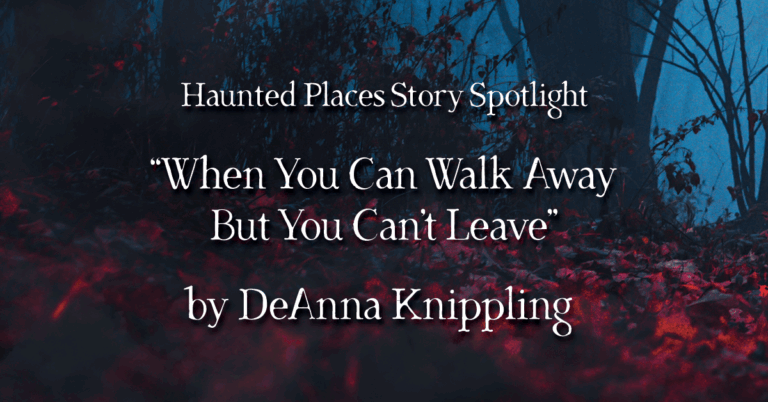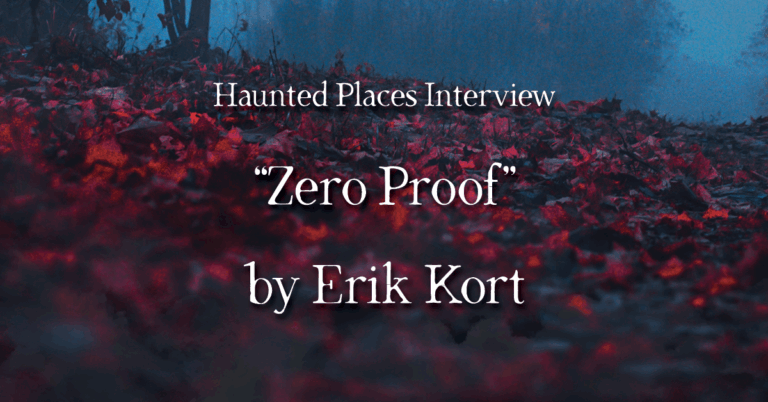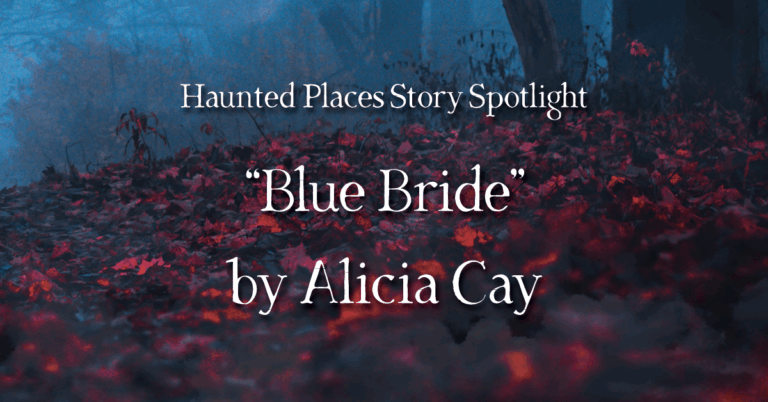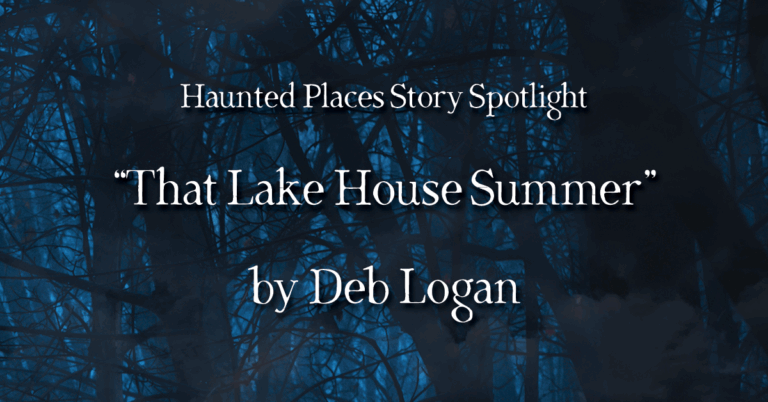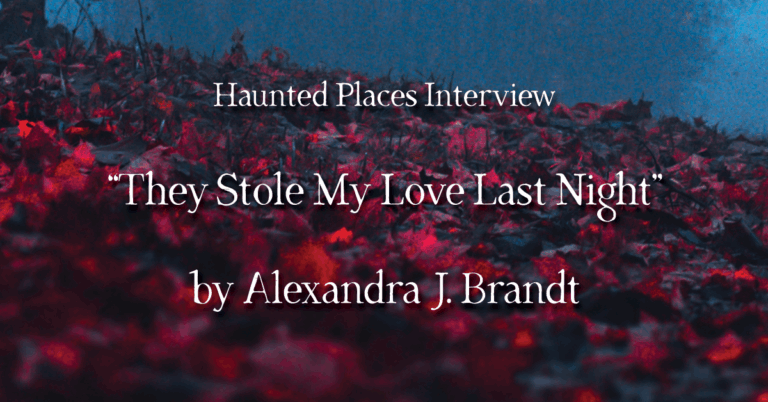Story Spotlight: “Shadows in the Mirror” by Jason A. Adams
In “Shadows in the Mirror,” Jason A. Adams sends a small-town sheriff to a family estate where mirrored halls and old grudges reflect more than just the past—and what waits behind the glass has been watching for a long time. Sheriff Larry Crabtree was hoping for a quiet Sunday with his hound and his girlfriend—but…

